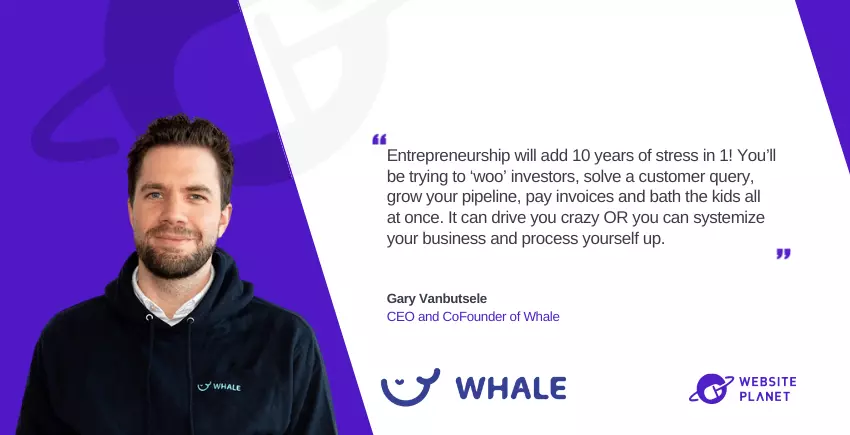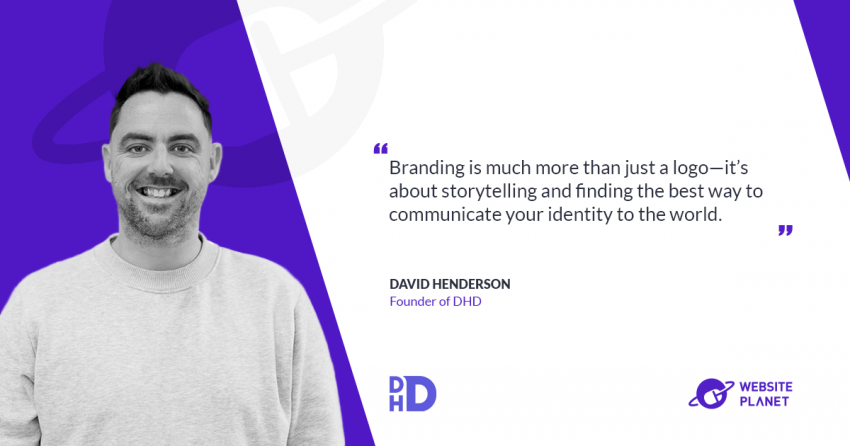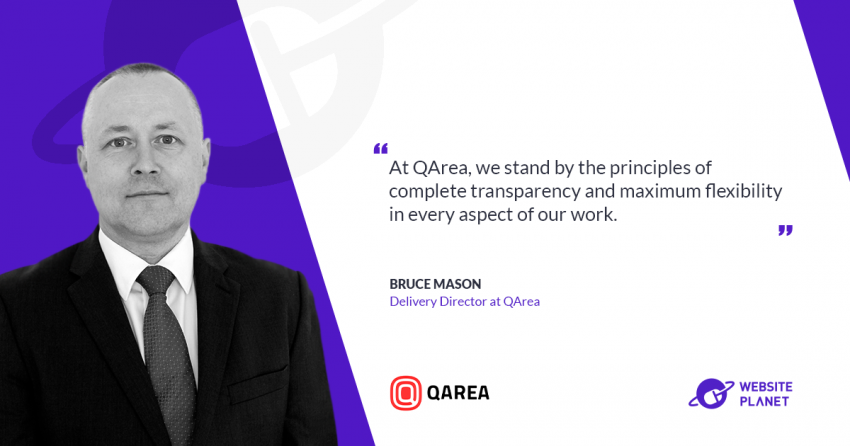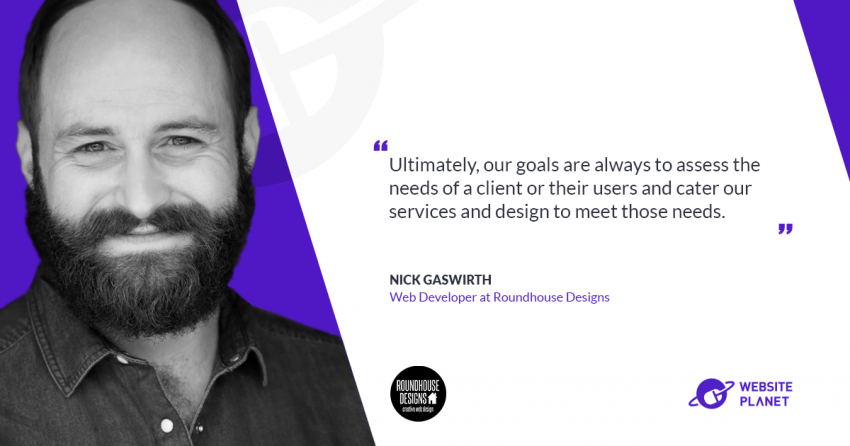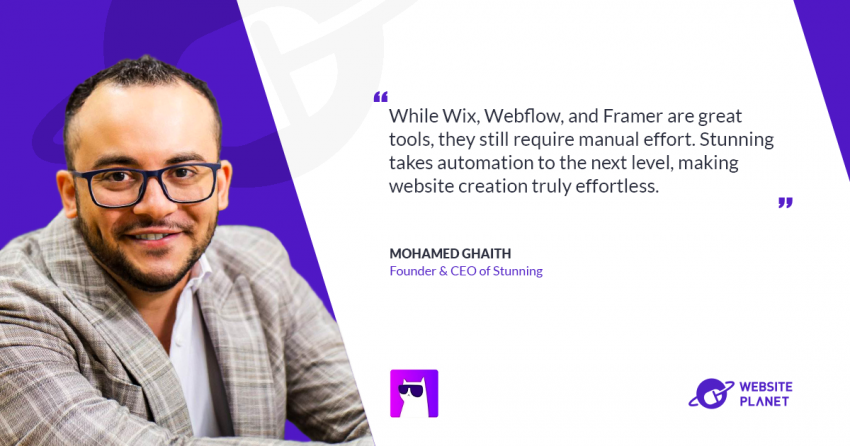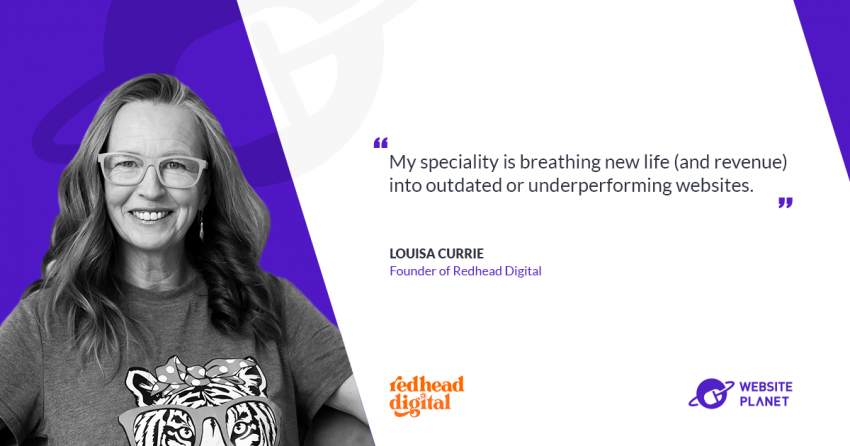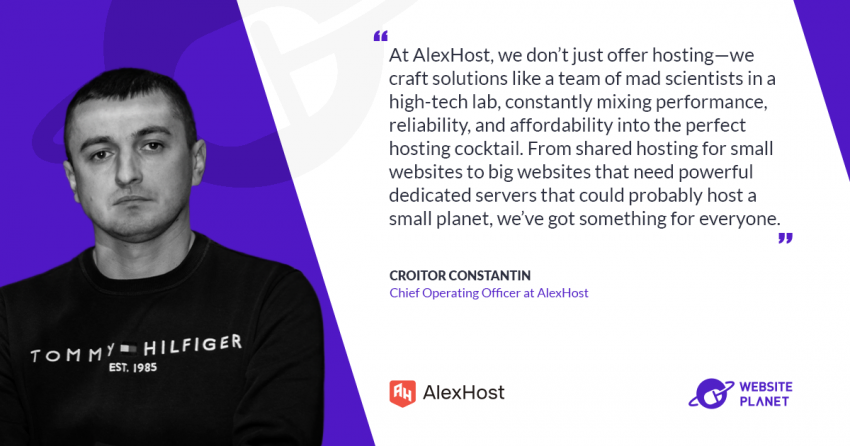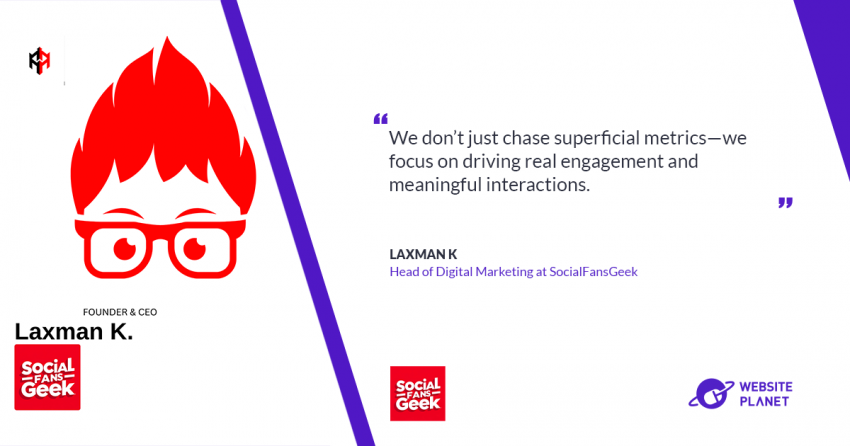To start, tell us briefly about you. What is your current role at your company, and what are the measurable achievements you are most proud of?
I’m Gary Vanbutsele, the CEO and Co-Founder of Whale, a company I built alongside Bram Billiet. Whale provides a platform designed to help businesses unlock the next level of growth by systemizing their processes and align their teams’ through AI-powered documentation and training. Our proudest achievements:- The development of Whale from an internal solution to a tool that now helps businesses worldwide streamline their operations and align their teams and reduce onboarding time. This has helped some businesses scale in some cases by 900%!
- Doubling of our client base in just 12 months in 2024. Not just that but it gives us great satisfaction that our customers rave about Whale on platforms such as G2.
- Building a strong, transparent, and hungry-to-build team that continues to grow as Whale evolves.
What pain point(s) do you solve for your customers? What was the “aha Moment” that led to the idea? Can you share that story with us?
Whale simplifies process documentation and team training. Our platform helps companies to ensure that knowledge flows seamlessly, particularly in growing teams. This is a common challenge of scaling a business. The “aha moment” occurred when I was leading an IT services firm and constantly putting out fires. I realized that chaos and even burnout in myself and the team were inevitable without empowering my team with clear processes and knowledge. This led to the birth of Whale. Now we help businesses align their teams faster.What do you think makes your company stand out? What are you most proud of?
What sets Whale apart is our obsession with making knowledge sharing frictionless and our focus on building a product and services that really deliver growth in client businesses. Our tool isn’t just about documentation and training; it’s about providing businesses with a platform for growth. We created a practical and tangible way for companies and teams to implement growth. If this sounds fluffy, feel free to take our Readiness to Scale Assessment to find out how, or check the numbers… Data shows how a lot of companies struggle to scale and ultimately close down. Here’s an overview of the failure rates:- 20% of startups fail within the 1st year
- 30% of business startups fail in two years
- 50% close down by the end of the 5th year
- 70% of new startups don’t reach the 10th year
“We had records of SOPs, but there wasn’t a consistent system. People struggled to find what they needed, and there was no way to ensure everyone had reviewed the procedures. We needed a solution that made training and SOP access easy, effective, and engaging for all employees.”
Emily Best, Process Excellence Specialist at Image Solutions
From your experience, what are the most important things to build a highly successful business? Please explain each in detail.
Scaling a business isn’t just about adding more people or expanding your market. It’s about creating a strong infrastructure that allows your company to unlock growth efficiently and sustainably. Over the years, we’ve come to realize that scaling relies on four key pillars:- Organizational Perspective
- People
- Process
- Performance
Organizational Perspective
Specifically, defining your company’s vision, mission, and values. You can’t build a scalable business without a clear sense of purpose. Your vision and mission guide everything: your strategy, your culture, and even the way you engage with customers. I remember back in the early days, when we didn’t have a well-defined mission, we were constantly pulled in different directions. Bram and I kept coming up with a million different ideas. Every new opportunity felt exciting, but without a clear vision, we risked spreading ourselves too thin. Once we nailed down our mission, everything changed. We had a filter to make decisions through. We knew what opportunities to take and what to pass on. Scaling became easier because our direction was clear.People
It’s easy to fall into the trap of thinking that hiring is just about filling seats, but that mindset is dangerous, especially when you’re scaling. Your team is the engine that powers your company’s growth, and if you don’t get the right people on board, you’re going to struggle. We can vouch for that.Process
This is where most companies stumble when they try to scale. It’s also our favorite subject, given our work, and where we see companies leveraging growth the most when they implement it. It’s easy to fall into the trap of thinking, “We’ll figure it out as we go,” but trust me, that only works for so long. Eventually, the cracks start to show. Scaling without solid processes is like trying to build a skyscraper without a blueprint. Processes give your team the structure they need to work efficiently and consistently, especially when the pressure of growth starts to build.Performance
You can’t scale without knowing whether what you’re doing is working. This is where metrics and KPIs come in. Scaling isn’t just about getting bigger—it’s about getting better. And you can’t improve what you’re not measuring. You need to focus on the KPIs that actually matter for your business. Whether it’s customer acquisition cost (CAC), churn rate, or net promoter score (NPS), the metrics you track should align with your long-term goals. And it’s not just about gathering data for the sake of it. The data you track should inform your strategy and help you make better decisions as you scale.What’s the one key lesson you’ve learned about building a product and business that you wish you knew when you started? What’s the story behind this realization?
The most important lesson I’ve learned is the necessity of letting go. Early on, I was heavily involved in every aspect of the business, which became a bottleneck. It’s ironically the reason we founded Whale but as we scaled, I kept getting involved in things I shouldn’t have been involved in. As we grew, I realized the value of delegating responsibility and trusting my team to lead their areas. This happened because we documented essential processes and developed a solid onboarding process to get new hires ramped up fast. This shift allowed me to focus on the larger vision and strategy, which was crucial for scaling the business.What are the most common mistakes you have seen people making when building their products and businesses? What can be done to avoid those errors?
There are two main errors that founders make:- Trying to do everything by themselves
- Scaling too quickly without a solid foundation for growth. Processes and leadership ultimately aren’t acts in themselves, but they create a flywheel for growth. In the rush to grow, many businesses lose sight of the necessary infrastructure needed to create sustainable growth such as processes. To avoid this, entrepreneurs should focus on systematizing operations and creating a flywheel.
